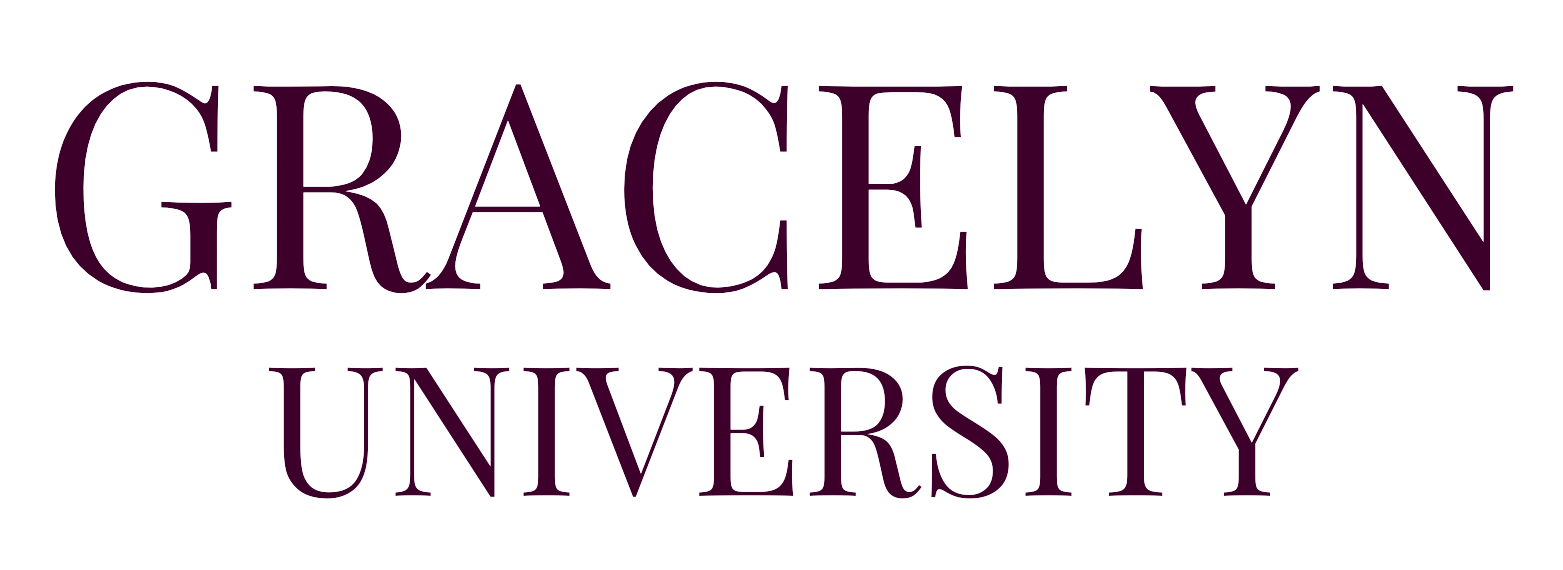Teach4naija
The Future of Teaching in Nigeria: Trends Every Educator Should Know
The future of teaching in Nigeria is evolving faster than ever, shaped by technology, policy reform, and changing societal needs. According to sources like Business day NG, Modern Ghana, and Gradely, the shift from traditional classrooms to more dynamic, tech-powered learning environments is already underway.
At Gracelyn University, our online education programs are designed to help Nigerian teachers thrive in this new era. Here are 5 major trends driving the transformation of education in Nigeria.
1. Digital Transformation Is Now a Necessity
Nigeria’s digital education strategy—accelerated by the COVID-19 pandemic—has permanently changed the classroom. Tools like:
-
Educational apps
-
Digital whiteboards
-
Online quizzes
-
Virtual classrooms
…are now integral to how teachers deliver content and connect with students across both urban centers like Lagos and rural areas like Taraba.
According to Edugist and Nile University, digital education improves learning access and student outcomes in Nigeria.
This aligns with Nigeria’s goal to extend basic education from 9 to 12 years without interruption, as reported by Businessday NG, to build stronger foundational learning and reduce dropout rates.
Want to stay ahead? Visit gracelyn.edu/teach4naija to explore programs that prepare you for a digital teaching future.
2. STEM, Coding & Critical Thinking Lead Curriculum Reform
The Nigerian education curriculum is undergoing reform to prioritize STEM education, digital literacy, and problem-solving skills—moving away from rote memorization.
According to Vanguard Nigeria and Gradely, Nigerian schools are increasingly embracing:
-
Robotics and AI in education
-
Coding programs for students
-
Critical thinking modules
This transformation prepares students for the modern workforce—and it requires teachers trained in future-ready teaching strategies.
Gracelyn University equips educators with tools to simplify complex STEM topics through interactive and real-world applications.
3. Inclusive Education and Equity Are National Priorities
Inclusive teaching in Nigeria is no longer optional—it’s essential. From addressing gender gaps to supporting students with disabilities, Nigerian schools are focusing on equity.
UNICEF Nigeria and QAHE emphasize the need for:
-
Inclusive classroom environments
-
Culturally responsive teaching
-
Accessible learning for underserved populations
70% of Nigerian children struggle with basic literacy (WILAN Global), making early education and teacher training more important than ever.
Gracelyn offers specialized courses in inclusive education, helping teachers build classrooms where every child feels seen, supported, and empowered.
4. Lifelong Learning for Teachers Is a Must
In a rapidly evolving sector, Nigerian teachers must embrace lifelong learning to stay relevant.
Educators are now expected to upgrade their skills through:
-
ICT workshops
-
Online certifications
-
Platforms like the UNICEF Learning Passport
As highlighted in Modern Ghana, the status of the teaching profession in Nigeria is rising—but only for those who adapt.
At Gracelyn, our online programs offer the flexibility busy teachers need to grow without disrupting their careers.
5. Public-Private Partnerships Fuel Innovation in Education
Public-private partnerships (PPPs) are shaping the future of education in Nigeria, driving innovation and infrastructure development.
Key initiatives include:
-
Generation Unlimited: expanding school connectivity
-
Teach For Nigeria: placing trained educators in under-resourced schools
-
NGO and tech collaborations that support virtual learning and AI integration
Gracelyn partners with leading education stakeholders to keep our programs aligned with national and international demands.
What This Means for Nigerian Educators
Whether you’re teaching in Abuja, Oyo, or Gombe, the message is clear: Nigeria’s education future is digital, inclusive, and STEM-driven.
From reforms that align the curriculum with national goals (Flexisaf Foundation) to AI-powered learning tools (Nile University), teachers must be ready to lead in this new landscape.


